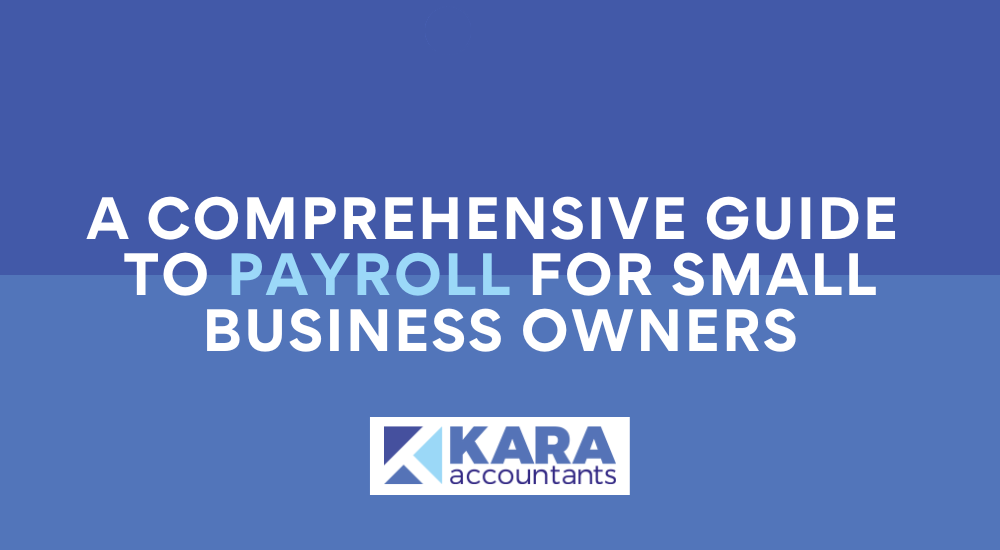
A Comprehensive Guide to Payroll for Small Business Owners
As a small business owner, managing payroll can be a daunting task. Navigating the complex web of tax regulations, employee benefits, and reporting requirements can be overwhelming. However, with the right knowledge and tools, you can streamline your payroll process and ensure compliance with the law. This blog is a comprehensive guide, where we’ll walk you through the essential steps to manage payroll effectively for your small business in the UK.
Understanding the Basics
- Register as an Employer: Before you can run payroll, you must register as an employer with HM Revenue and Customs (HMRC). You can do this online through the HMRC website.
- Obtain Necessary Information: Collect essential information from your employees, including their full names, National Insurance numbers, addresses, and bank details. You’ll also need their employment contracts and tax codes.
- Choose a Payroll System: Decide whether you’ll manage payroll manually or use payroll software. Many online platforms are specifically designed for small businesses and can simplify the process.
Calculating Employee Pay
- Understanding Gross and Net Pay: Gross pay is the total amount an employee earns before deductions, while net pay is the amount they receive after deductions such as taxes and National Insurance contributions (NICs).
- Tax Codes: Each employee has a tax code that determines how much tax should be deducted from their pay. HMRC will provide you with this information.
- National Insurance Contributions (NICs): Both employers and employees are required to make NIC contributions. The rates vary depending on income, so it’s crucial to calculate these accurately.
Running Payroll
- Payroll Frequency: Determine your payroll frequency (e.g., weekly, bi-weekly, or monthly) and ensure you pay your employees on time.
- Record Keeping: Keep detailed records of each payroll run, including payslips, tax deductions, and NIC contributions. These records are essential for HMRC audits.
- Payslips: Provide payslips to your employees, either in paper or digital format. These must include details of gross pay, deductions, and net pay.
Reporting and Compliance
- Real-Time Information (RTI): Under the RTI system, you must submit payroll information to HMRC every time you pay your employees. Most payroll software can handle this automatically.
- P11D Forms: If you provide your employees with benefits or expenses, you may need to report these on P11D forms and pay Class 1A NICs on the total value of these benefits.
Year-End Reporting
- P60 Forms: At the end of each tax year (April 5th), provide your employees with P60 forms summarising their total pay and deductions for the year.
- Annual Reporting to HMRC: Submit your year-end payroll information to HMRC, including the total earnings and deductions for each employee.
Staying Informed and Seeking Help
- Stay Updated: Tax regulations and payroll rules can change, so it’s essential to stay informed. HMRC provides resources and updates on their website.
- Consider Professional Help: If payroll becomes too complex or time-consuming, consider outsourcing it to a payroll service provider or hiring an accountant who specialises in payroll.
- Use Payroll Software: Investing in payroll software can save you time and help reduce errors. Many options are designed for small businesses and are affordable.
Managing payroll for your small business may seem challenging, but with the right knowledge and resources, you can streamline the process and ensure compliance with all relevant regulations. Remember that seeking professional help is always an option, and it can provide peace of mind that your payroll is being handled correctly, allowing you to focus on growing your business.

This Post Has 0 Comments